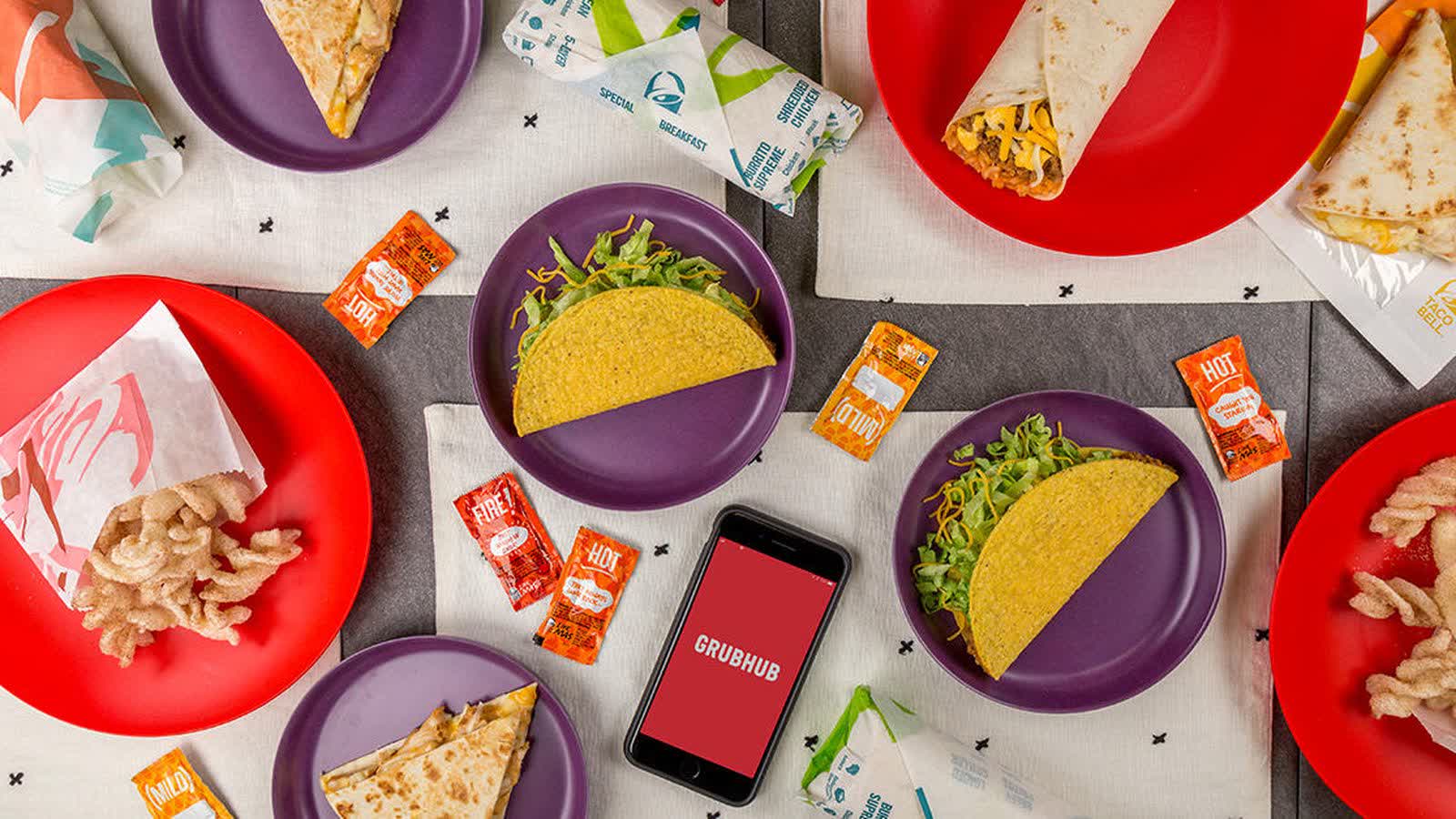A hot potato: Many diners have embraced the use of delivery services such as DoorDash and Grubhub to overcome everything from busy schedules to global pandemics. While these businesses provide a much-desired service to the public, Chicago’s Business Affairs and Consumer Protection (BACP) office has filed charges against the delivery services for infractions such as deceptive advertising, call routing, and charging misleading customer fees.
Chicago Mayor Lori Lightfoot, along with Chicago’s BACP and Consumer Counsel offices, filed two lawsuits against DoorDash and Grubhub on Friday. The lawsuits cite multiple deceptive advertising and charging practices resulting in both real and potential damage to the reputations of unaffiliated restaurants as well as deceptive charging practices designed to hide various fees and charges to both restaurants and consumers.
While the suit was recently filed, the claims of each suit are not new territory for either party; DoorDash and Grubhub have previously made headlines due to their known business practices. Grubhub regularly generates a unique phone number for each restaurant advertised as part of the service. When this number is used to place an order, the service then includes a phone order fee based on a percentage average orders, call length, etc. In 2019 DoorDash gained unwanted attention as multiple sources revealed the company’s tipping policy was actually designed to benefit the company rather than the actual delivery driver. DoorDash later changed the policy following backlash from their customer base.

Takeout delivery services have expanded the availability of many restaurant offerings to consumers previously unable to reach them due to challenges ranging from consumer health to logistics to seating availability. These services provide users with a web-based means to browse menus, find contact information, and place orders for menu items that are typically not available via delivery. Deliveries are picked up and delivered by drivers from the service rather than the restaurant in question in exchange for meal cost, applied fees, any tips included, etc.
Like many other cities, the 2020 pandemic lockdown forced roughly half of Chicago’s 7,500 restaurants to shut their doors temporarily or, in some cases, permanently. These closures coincide with a nation-wide surge in meal delivery service orders, increasing from more than 250 million in 2019 to over 800 million in 2020. The recent suits filed against DoorDash and Grubhub echo longstanding issues associated with these services and intend to promote fair advertising, honest business practices, and more transparent charges and fees to consumers.

